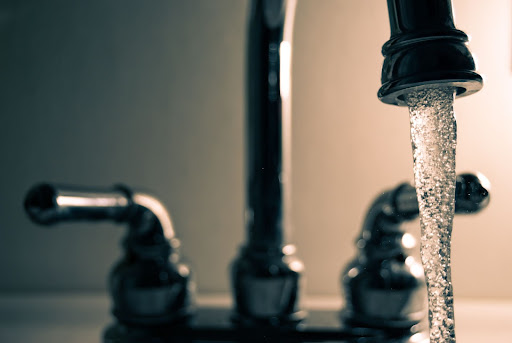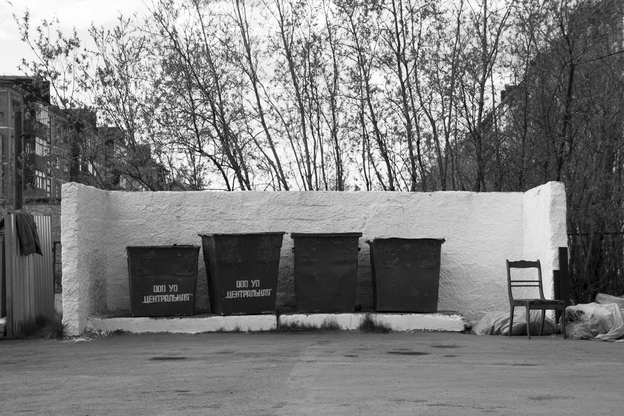
Hard water can be an expensive burden. When dissolved minerals in groundwater react with heat in your home’s pipes, scale, and buildup form, causing damage to your pipes, appliances, and fixtures.
Hard water ruins appliances, causes soap residue in bathrooms and kitchens and dries up hair and skin. Water softeners have become essential in the United States, where over 85% of people use hard water for cooking, cleaning, and bathing.
A water softener system saves you time and money by preventing broken water heaters, scaly faucet heads, and hours of soapy residue cleanup.
This article will discuss the benefits of having a water softener system in place.
What is a Water Softener?
A water softener is a filtration device or appliance that removes magnesium and calcium from the water. Most people are unaware that all water is not created equal, particularly in chemical composition.
Some water is hard due to high levels of magnesium and calcium minerals absorbed from the soil. Soft water gets defined as water that lacks or contains only a tiny amount of these minerals.
Water from streams and lakes is inherently soft; however, underground water in areas with chalk, gypsum, and limestone is hard. As a result, a water softener system gets used to eliminate the mineral components that make the water hard. Thus, water softening removes calcium and magnesium from water and other metal cations.
Why Use a Water Softener System?
Over the years, it has increasingly become essential to have a water softener system in place for the following reasons:
- As established, hard water is to blame for a slew of appliance breakdowns and clogged pipes. A water softener will help protect those pipes and reduce the number of calls to the plumber. It will also prevent stains from forming in your sinks, baths, and toilets.
- Sodium ions in water softeners replace calcium and magnesium ions. Furthermore, drastically lowering calcium and magnesium levels in the water decreases their concentration to optimal levels, which may help rather than hurt one’s health. Moreover, sodium softening balances other minerals in water and provides the benefit of added sodium at an ideal level, which gets advised for daily consumption.
- Because hard water reduces the capacity of water to react with soap, it causes stiff laundry and dry hair. As a result, using it makes it difficult to wash the hair adequately. Because it reduces the capacity of soap to react, it also makes it difficult to straighten laundry and do laundry in general. You can avoid all of this with the use of a water softener system.
The Benefits of a Home Water Softener System
If you are still on the edge of purchasing a water softener system, here are some of its advantages that might persuade you into buying:
Water Softener Saves Money
Mineral buildup in a pipe restricts water passing through, necessitating higher pump pressure. It will also increase the amount of energy required to maintain the temperature of the water. Your dishwasher, washing machines, coffee machines, water heaters, and ice makers will suffer due to the accumulation, which means more frequent maintenance or replacement costs.
Soft water does not contain the mineral ions that cause buildup in pipes and appliances, saving you money on costly repairs.
Water Softener Promotes Cleaner Hair and Softer Skin
While bathing or showering, soft water can be perfect for your hair and skin. Hard water’s mineral ions hinder it from being entirely solvable with soaps, resulting in a soap scum residue.
Because soft water carries fewer minerals, it is easier for your skin to absorb and retain moisture. Furthermore, soft water can help balance the pH level of your hair, whereas hard water can make your hair feel dry, brittle, and frizzy.
Water Softener Results in Less Cleaning Time
If you have hard water, you know how time-consuming cleaning may be. You are always rewashing dishes and doing laundry. Scrubbing chalky lime and soap scum off the walls of your showers, sinks, and faucets might take hours each week.
Water softeners avoid the harmful effects of hard water and thoroughly dissolve and penetrate soap. This benefit results in less insoluble soap scum or curd accumulating in your bathroom, ultimately reducing the amount of time you spend cleaning regularly.
Conclusion
For households suffering from the consequences of hard water, a water softener can be a lifesaver.
The best water softener system removes the hardness from hard water, adds softened water to the mix, and takes care of your clean water treatment needs. Since 1955, Rayne of San Diego has offered water treatment solutions, including water conditioners, whole-house water filtration systems, and water softener systems.
Ref :THSI-2679 / ZD. 23923



 POSTED BY
POSTED BY 

